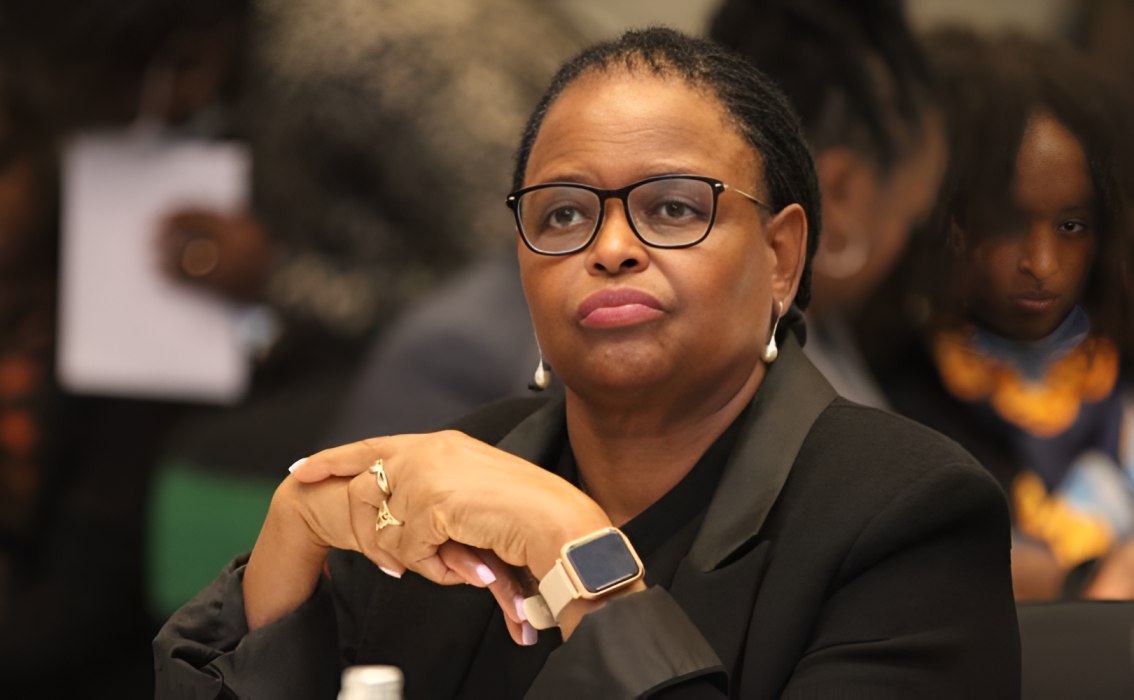CJ Koome to form special bench to handle judges’ petitions on JSC proceedings

Justice Lawrence Mugambi, in a ruling delivered on Friday, said the Constitution gives the Chief Justice the exclusive role of empanelling judges even in cases where she is involved as a party.
The High Court has handed Chief Justice Martha Koome the responsibility of forming a bench to hear legal challenges filed by Supreme Court judges contesting petitions for their removal by the Judicial Service Commission.
Justice Lawrence Mugambi, in a ruling delivered on Friday, said the Constitution gives the Chief Justice the exclusive role of empanelling judges even in cases where she is involved as a party.
He added that the issues raised in the four petitions were complex and required multiple judges for proper determination.
"The constitution is couched in mandatory terms that only the Chief Justice can empanel a bench," said Mugambi, who emphasized that judges operate independently of the CJ's influence and are guided solely by the Constitution.
Among the judges affected are Koome, Smokin Wanjala, Njoki Ndung’u, and William Ouko.
They, alongside other apex court judges, argue that the JSC has no authority to entertain petitions which seek to review their rulings or judgments.
CJ Koome’s legal team submitted that such petitions attack judicial independence, which is protected under the Constitution.
"This has been encapsulated in Article 16 of the Constitution, which insulates members of the judiciary from any action or suit in respect of anything done or omitted to be done in good faith in the lawful performance of a judicial function," argued George Oraro on her behalf.
The Deputy Chief Justice backed this view, stating that the petitions were based solely on decisions made during court proceedings.
She further said the law does not support a petition targeting the entire court, and instead requires individual accountability.
"It is illegal to demand that a judge should be removed from office based on a unanimous decision with his or her colleagues," the DCJ noted.
Justice Mohamed Ibrahim described the petitions as being driven by personal grudges, especially from lawyer Nelson Havi, who had publicly criticised CJ Koome and the court without presenting any evidence.
Justice Isaac Lenaola insisted that removal from office must be based on serious misconduct that undermines public confidence in a judge.
"The removal of a judge from office can only be justified where shortcomings complained of are of such a serious nature to destroy the confidence in the judge’s ability to properly perform his duty," he explained.
Justice William Ouko noted that the commission had no power to interfere with judicial decisions, stating that dissatisfied parties should seek legal redress through higher courts or formal reviews.
He pointed out that the JSC lacks authority to re-evaluate or overturn court decisions.
Justice Njoki Ndung’u said the JSC had acted unlawfully by entertaining petitions on matters already under judicial consideration. She stated that the cases mentioned in the petitions were already before the High Court.
"This is a charade meant to seek remedies on similar issues in two separate forums," she said.
The judges maintained that their independence is being threatened and that the petitions should not be used to interfere with their official functions.
